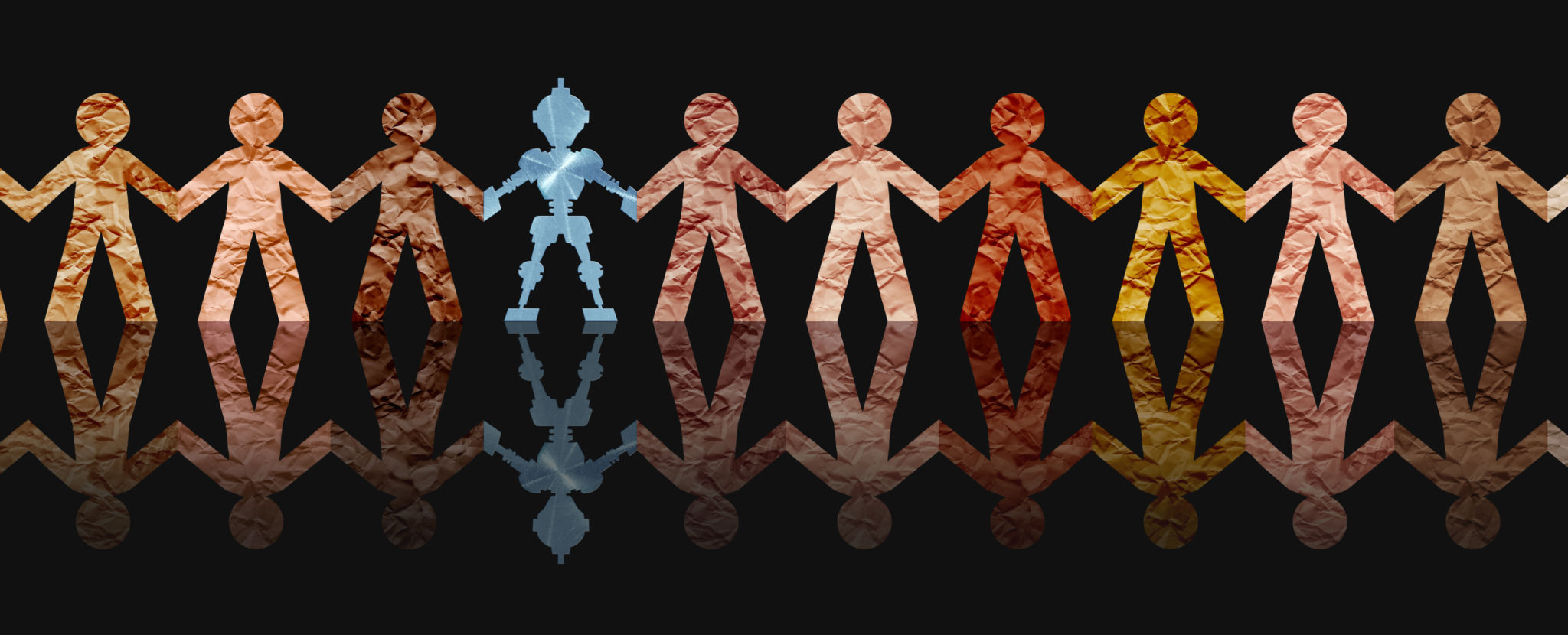AI Innovations and Their Impact on Future Skills: An Analysis by Jennie Sinclair
Understanding the Rise of AI Innovations
The rapid advancement of artificial intelligence (AI) technologies is transforming industries across the globe. As AI continues to evolve, its influence on the job market and the skills required for future careers is becoming increasingly evident. In this analysis by Jennie Sinclair, we explore how these innovations are reshaping the landscape of work and the skills that will be essential in the coming years.
AI innovations are not just about creating smart machines; they are about enhancing human capabilities. By automating routine tasks, AI allows individuals to focus on more complex, creative, and strategic aspects of their work. This shift necessitates a reevaluation of the skills that will be in demand as AI becomes more integrated into everyday processes.

The Role of AI in Transforming Job Roles
The integration of AI into various sectors is leading to significant changes in job roles. For instance, in manufacturing, AI-powered robots are taking over repetitive tasks, which means human workers need to adapt by acquiring skills in machine oversight and maintenance. This trend is visible across industries such as healthcare, finance, and retail, where AI is streamlining operations and enhancing decision-making processes.
As AI systems handle more data-driven tasks, there is a growing demand for professionals with strong analytical skills. Jobs that require critical thinking, problem-solving, and adaptability are becoming more valuable as humans are expected to complement AI technologies rather than compete with them.
Emerging Skill Sets for the Future
To thrive in an AI-driven world, individuals must develop a unique set of skills that align with these technological advancements. Some of the key skills include:
- Data Literacy: Understanding and interpreting data is crucial as AI relies heavily on data analysis to function effectively.
- Digital Communication: The ability to communicate effectively using digital platforms is essential as remote work and digital collaboration become more prevalent.
- Emotional Intelligence: As machines take on technical tasks, human-centric skills like empathy and communication become more important.

Education and Training for an AI-Powered Future
Educational institutions and training programs must evolve to prepare students for an AI-driven future. Emphasizing STEM (science, technology, engineering, and mathematics) education is crucial, but it must be complemented by fostering creativity and critical thinking. Programs that offer hands-on experience with AI tools and technologies will be invaluable in equipping the workforce with the necessary skills.
Furthermore, lifelong learning will become a cornerstone in career development. As AI technologies continue to advance, workers will need to continuously update their skills to remain relevant in the job market. This will require a shift in mindset towards embracing continuous education and adaptability.
The Societal Impact of AI-Driven Changes
While AI presents numerous opportunities, it also poses challenges that society must address. The displacement of certain job roles by automation can lead to economic disparities if not managed carefully. Policymakers will need to implement strategies that promote equitable access to education and training opportunities, ensuring that all individuals can benefit from AI advancements.

Moreover, ethical considerations surrounding AI use are paramount. As AI systems become more autonomous, ensuring they operate within ethical boundaries is essential to maintain public trust and prevent misuse.
Conclusion: Preparing for an AI-Enhanced Future
The rise of AI innovations is set to redefine the future of work and the skills needed to succeed. By understanding these changes and adapting accordingly, individuals and organizations can harness the full potential of AI technologies. As Jennie Sinclair highlights, embracing this transformation requires a proactive approach to skill development and a commitment to lifelong learning.
Ultimately, the impact of AI on future skills will depend on how society chooses to integrate these technologies into everyday life. With careful planning and a focus on inclusive growth, we can ensure that the transition to an AI-enhanced future benefits everyone.